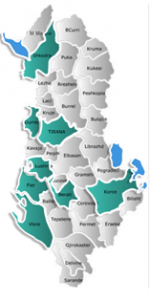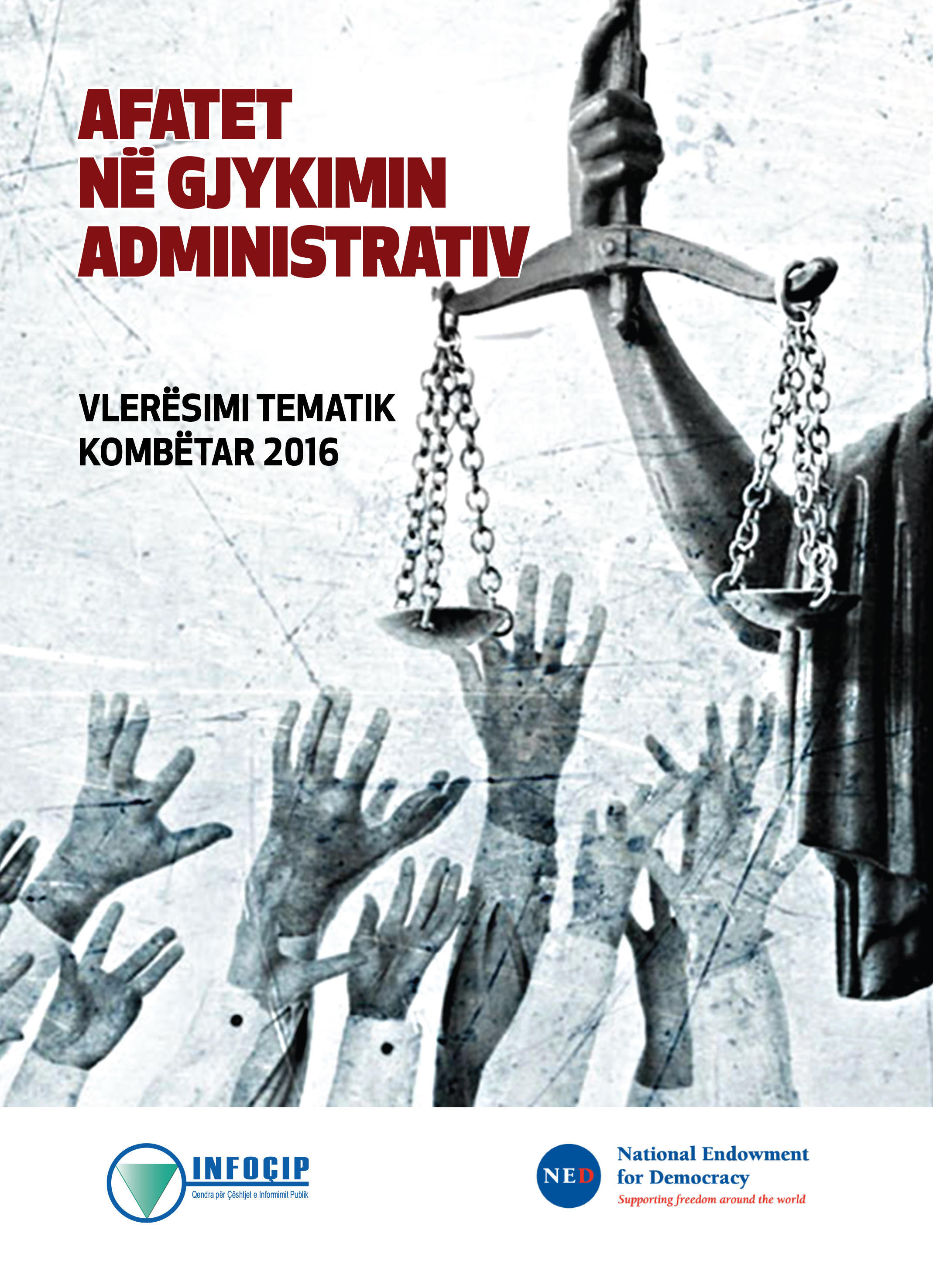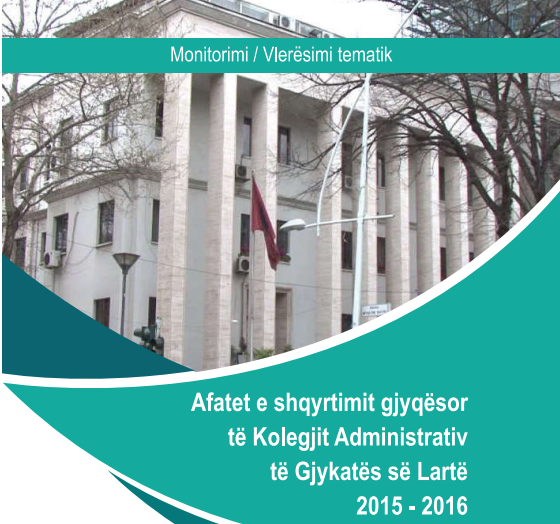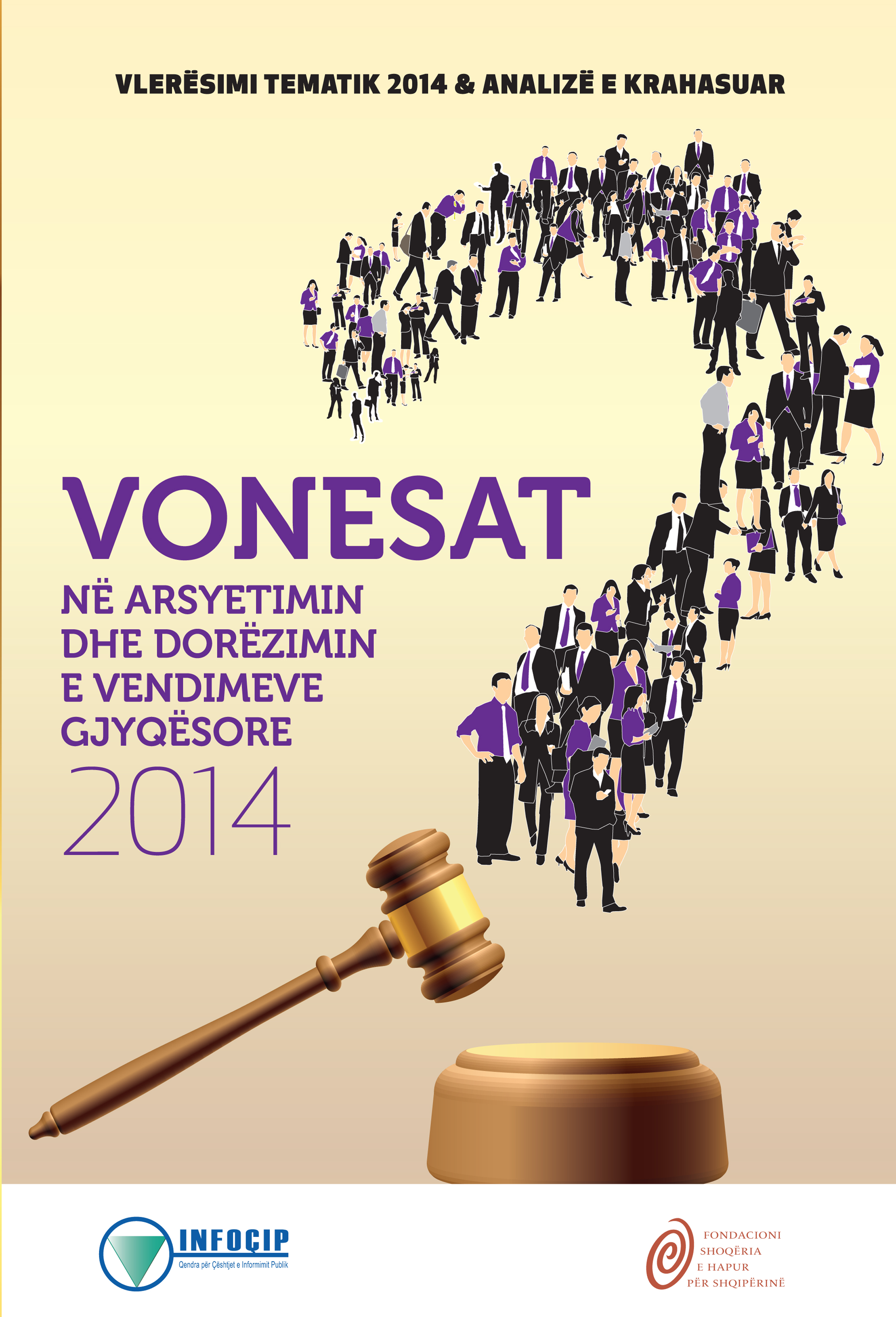Delays in reasoning and delivery of written court decisions in Albania, disturbing findings revealed by CPII study
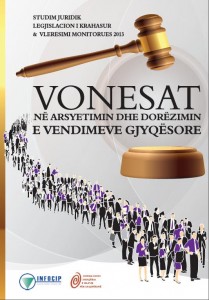 One of the shortcomings observed in civil and penal proceedings in Albania are the frequent delays and inconsistencies in practice related to the reasoning and delivery of written decisions by the courts (from the first instance up to the Supreme Court). An excessive length of time from the last hearing to the issuance of a reasoned judgement may thus violate the right to a trial without undue delay. An excessive delay in pronouncing the reasoned judgement also hamper the ability of a party (be it the plaintiff or the defendant) to effectively exercise his or her constitutional right of appeal (Article 43 of the Albanian Constitution).
One of the shortcomings observed in civil and penal proceedings in Albania are the frequent delays and inconsistencies in practice related to the reasoning and delivery of written decisions by the courts (from the first instance up to the Supreme Court). An excessive length of time from the last hearing to the issuance of a reasoned judgement may thus violate the right to a trial without undue delay. An excessive delay in pronouncing the reasoned judgement also hamper the ability of a party (be it the plaintiff or the defendant) to effectively exercise his or her constitutional right of appeal (Article 43 of the Albanian Constitution).
The European Commission, in its 2013 PROGRESS REPORT for Albania underlines that “Court decisions are generally delivered without their reasoning, which in most cases is only issued after a significant delay” (par. 7, pg 38). Even the Albanian High Court of Justice and the Constitutional Court have argued in several decision that “the announcement of a court decision without written legal reasoning causes as a consequence its nullity” (Decisions of the C.C. no 5/2011 and no. 22/2006. Also decisions of the Supreme Court 38/2013 and 84/2013).
Though CPII exposed this phenomenon since 2010 (targeting at that time only the unifying decisions of the Supreme Court) the attention on this issue was vague until September, 13th , 2012, when I.Xh. assassinated the police commissar Adem Tahiri. Investigation made by the police revealed a very disturbing fact: the murderer (a well known criminal) should have been behind bars, instead of enjoying absolute freedom on the streets. What they discovered was very disturbing: though the Durres District Court had concluded on the adjudication of I.XH.’s latest criminal case, reasoning and final submission (delivery) of the penal verdict had been procrastinated for 1 year, 7 months and 5 days months (according to the provisions of the PPC, penal decisions is to be announced reasoned and delivered to the Court Secretary immediately after the final session closes).
In mid September 2012, the Prosecutor’s Office of the Tirana Judicial District raised criminal charges against the judge N. Tabaku “on the criminal offense of abuse with duty, for premeditated delay to reason and submit on due time the court ruling on criminal case no. 98, dated 09.02.2011, within the legal deadline, thus gravely harming the interest of exercising timely criminal prosecution against citizen Ilir Xhakja[1] and of delivering justice.”
The issue of Judge Neritan Tabaku would have gone unnoticed, even less become a problem, had police commissar A. Tahiri not been murdered in the line of duty.
****
Based on the above concerns, CPII design last year a monitoring instrument to track delays in court decisions’ reasoning. CPII published on April 12th, 2014 the detailed findings and evaluations on the above mentioned phenomenon. District and Appeal Court of Tirana and the Supreme Court (its unifying court decisions) were targeted by this first monitoring. The decisions of the Constitutional Court of Albania all 2013’s decisions) were also monitored.
The monitoring findings were very disturbing. Mass violation of legal time limits were indentified. The monitoring proved for the first time the vast spread of the phenomenon in Tirana’s courts, including the supreme court and the Constitutional courts. Having in mind that in the Tirana’s courts work the elite of the Judges core, we have reasons to believe that the in other districts, the indicators will be far worse.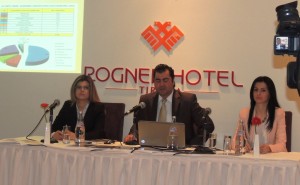
The findings announced by CPII were widely accepted by all relevant actors, including the minister of Justice (Mr. Nasim Naco) and the Chairman of the High Council of Justice (Mr. Elvis Cefa). The media paid special attention to debating the findings and the authors of the study were intensively invited to prime time TV debates.
On the other hand, the study had a second component: to indentify legal gaps and to address it for legislative solution. A comparison analyses with the penal and civil procedural codes of the EU member states, including Balkan countries were part of the Study publication. Ilir Panda, Formes Chairan of the High Council of Justice, Artur Selmani, General Prosecutor Office, etc, were the cor experts invited by CPII to deliver such in-depth study.
One of the main conclusion drown by this custom-made monitoring intervention was that the thematic controls performed by the two inspectorates, one under the sub ordinance of the Ministry of Justice, and the other one under the HCJ, were missing accuracy, consistency and above all methodology. In the worst scenario, the control results were manipulated under the corruptive or political pressure. CPII has now just started to advocate the need for openness and decentralisation for the legal auditing of judges and/or procedural phases of the courts proceedings.
LAST RELEASED PUBLICATION
MONITORING REPORT
Recent reports/studies
Partners / Donors
Local Branches
- Citizens' Transparency Office, Durrës (19)
- Citizens' Transparency Office, Korça (9)
- Election Situation Chamber (11)
- JUDICIARY (1)
- NED (11)
- www.vendime.al (5)
Foto lajm

- CPII anounces the monitoring result for Durres Municipal Council. It must be re-elected
Where we work


